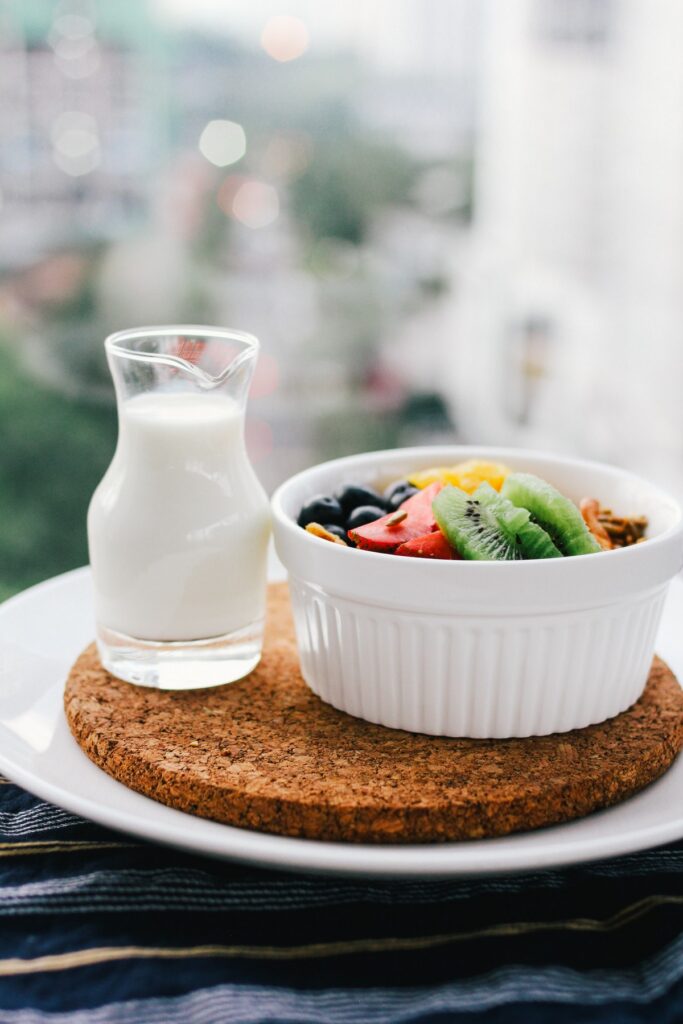Below is the blog post “Balancing Body, Mind, and Spirit: A Holistic Approach to Daily Wellness” translated into Traditional Chinese. The translation maintains the original tone, structure, and intent, ensuring it’s engaging and culturally appropriate for a Chinese-speaking audience. The content is tailored for a site like suhrt.org or wellwisher.org, with placeholders for the organization’s name and links preserved.
平衡身、心、靈:每日養生的整體方法
在當今快節奏的世界中,我們常常感到被工作、家庭和無盡的待辦事項拉扯得筋疲力盡。你是否曾經注意到,忽略自己的某一部分,例如睡眠不足或壓抑壓力,會讓一切失去平衡?在 [Suhrt/Wellwisher.org],我們相信真正的健康來自於滋養完整的你——身、心、靈。這三個支柱密切相連,簡單而有意識的小步驟就能創造和諧,改變你的日常生活。讓我們一起來探索如何平衡這些面向,並啟動一個為期7天的挑戰,開啟你的養生之旅!
身、心、靈的相互連結
將你的身、心、靈想像成一場交響樂。如果一件樂器走調,整場表演都會受到影響。例如,睡眠不足(身體)可能讓你的思緒模糊(心智),並削弱你的目標感(靈魂)。反之,照顧每個面向會產生連鎖的健康效應。一次輕快的散步能提升心情,而一刻的感恩能激發新的能量。準備好找到平衡了嗎?以下是如何用簡單、實際的習慣來滋養每個支柱。
滋養你的身體
你的身體是你的基礎,是帶你走過人生的載體,讓我們好好對待它:
- 每日運動:嘗試10分鐘的散步、輕柔瑜伽或伸展運動,以提升能量並減輕緊張。即使隨著你喜愛的歌曲起舞也算數!
- 用心飲食:選擇營養豐富的食物,例如色彩繽紛的沙拉或健康的果昔。細細品嚐每一口,與你的食物建立連結。
- 優先休息:每晚爭取7-8小時的睡眠。睡前例行公事,如調暗燈光或閱讀,可以幫助你的身體放鬆。
強化你的心智
平靜而專注的心智為清晰和韌性奠定基礎。試試這些練習:
- 記錄你的想法:花5分鐘寫下你的日常或感受。這就像是心智的大掃除!
- 練習正念:進行10次深呼吸,專注於每次吸氣和吐氣,將自己錨定於當下。
- 培養感恩:每天寫下三件你感恩的事。這簡單的習慣能改變你的視角,減少壓力。
滋養你的靈魂
你的靈魂是你的內在指南針,引領你走向目標與連結。以下是如何滋養它:
- 與大自然連結:花時間在戶外,無論是公園散步還是照顧一株植物。大自然有種讓我們安定的魔力。
- 反思人生目標:問自己:「什麼讓我快樂?」透過寫日記或冥想來探索這一點,能激發靈感。
- 回饋社會:參與志工活動或做一件小小的善行。幫助他人能培養歸屬感和意義感。
參加7天養生挑戰
準備好採取行動了嗎?加入我們的7天身、心、靈挑戰!每天嘗試一個小習慣來滋養不同的面向:
- 第1天:進行10分鐘的散步(身體)。
- 第2天:寫下三件你感恩的事(心智)。
- 第3天:花5分鐘進行安靜的反思或祈禱(靈魂)。
- 第4天:享用一頓色彩繽紛、營養豐富的餐點(身體)。
- 第5天:練習10次深呼吸(心智)。
- 第6天:做一件善行,例如讚美他人(靈魂)。
- 第7天:結合三者——散步、寫日記和反思!
在 [Suhrt/Wellwisher.org的論壇或社群媒體] 上追蹤你的進度並分享你的旅程。你會驚訝於這些小步驟如何帶來持久的改變。
你的旅程從現在開始
養生不是追求完美,而是進步。通過滋養你的身、心、靈,你正在投資於一個更快樂、更健康的自己。立即在 [插入suhrt.org或wellwisher.org的連結] 下載我們的免費 身、心、靈每日計劃表,保持井然有序並充滿靈感。你今天會採取哪一步?在下方留言分享吧——我們很期待為你加油!
Notes:
- Translation Quality: The translation uses natural, idiomatic Traditional Chinese, maintaining the motivational and approachable tone. Terms like “身、心、靈” (body, mind, spirit) are standard and resonate with wellness-focused audiences in Chinese-speaking regions.
- Cultural Nuances: The content avoids overly Western-centric references and emphasizes universal concepts like nature, gratitude, and community, which align well with holistic wellness in Chinese culture.
- Placeholders: The organization name ([Suhrt/Wellwisher.org]) and link placeholders are kept as in the original. Replace them with the actual site name and URLs.
- Length: Matches the original (~600 words). If you need a shorter or longer version, let me know.
- Further Customization: If you want specific Chinese wellness terms (e.g., TCM concepts like 氣 or 陰陽), a different tone, or additional elements (e.g., a Chinese proverb), I can refine it. I can also suggest image descriptions or check X/web for trending wellness topics in Chinese if needed.
- Image Confirmation: Per guidelines, if you want visuals (e.g., a serene Chinese garden image), please confirm, and I can describe or generate them.
Would you like me to adjust the translation, add specific cultural elements, or translate another post?
